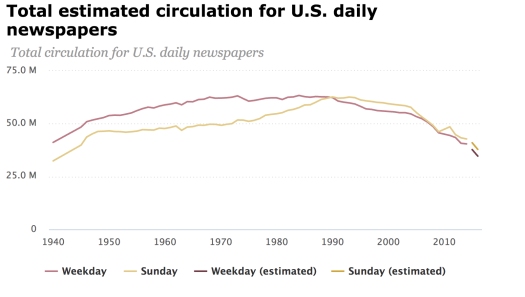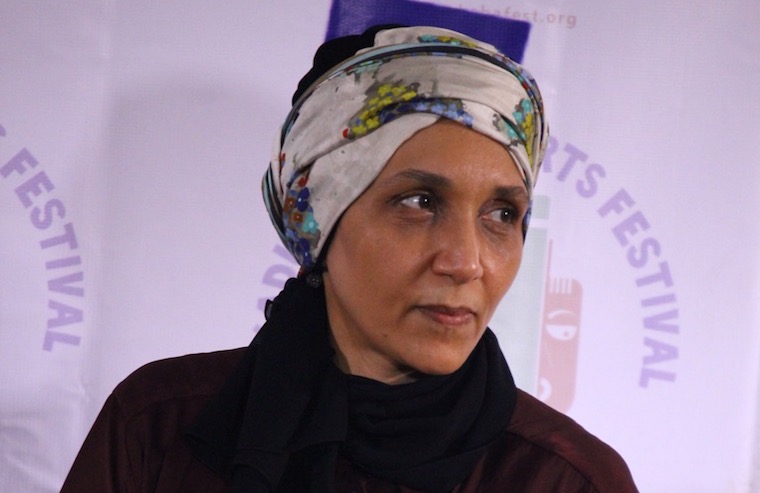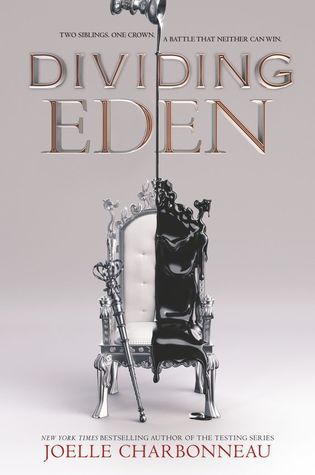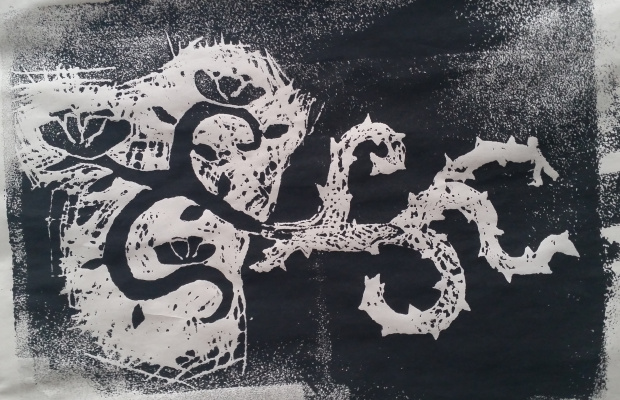Tipped by a NYTimes piece on the latest Trump book, I read James Fallow’s think piece on Jimmy Carter, written in 1979, after Fallows had serve a stint as a presidential speech writer.
Interesting to read through the lens of current events, and history’s perhaps somewhat less harsh judgment of Carter. One bit stuck out…the “gatekeeper” role of media, and Carter’s lack of insight into it.
Nor did [Carter] distinguish among the audiences he had to address. For some—but only a few—of his televised appeals, it was important that a speech be understood by every hearer. In most other cases, that was a false goal. In a television interview in 1960, Walter Lippmann said that an effective President “must be articulate. He must be able to talk in language which is not the lowest common denominator, but the best. What you must lead in the country are the best of the country and they will carry it on down. There’s no use of the President trying to talk down to a fellow who can just about read and write. Let somebody else do that. He must talk to the people who teach the man to read and write.” I came to believe very deeply in a hierarchy of information and attitudes. Once an idea took hold in the serious magazines and the editorial pages, it would make its way down through the news columns, the reports in Time and Newsweek, and eventually to the television commentators, who shape most people’s view of public affairs. In many cases, the real audience for a speech should be not the 5000 people who are present for the occasion but the editors, academics, politicians, and columnists who will read the text and adjust their view of the President accordingly. Such speeches are the best, sometimes the only, way a President can show that he understands the complications in his policies, the problems ahead, the hard questions that have been raised about his course. Except for one or two speeches on foreign policy—where he was more willing in general to buy the conventional wisdom than he was in domestic affairs—Carter never consented to such speeches.
Nearly 40 years on, I wonder what has happened to this hierarchy, and Fallows’ “deep belief” in it. The ones that I grew up with and worked in have surely toppled, or simply melted away in favor of platforms that in theory let everybody talk to everybody with explosively unpredictable results.
 The decline in newspaper readership from a Pew study.
The decline in newspaper readership from a Pew study.
Interesting read overall. Fallows’ take on Carter is not mine, but he was there and I was a kid. And the readership, and related hierarchy, of that 5000 is mostly gone I would think.
Advertisements Share this:






